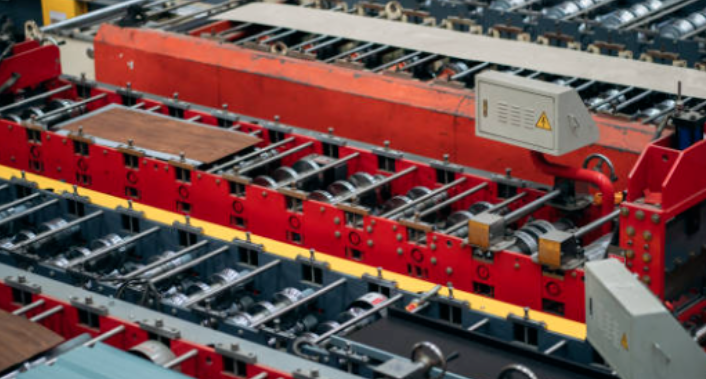
Posted on Monday, October 14, 2024
In the competitive landscape of manufacturing, particularly in South America, investing in local roll forming machines can yield significant advantages. Here’s how these benefits can transform operations for manufacturers across the region:
By producing roll forming machines locally, manufacturers can significantly reduce their dependence on international suppliers. This shift not only fosters national industry growth but also contributes to the local economy by creating jobs in manufacturing, installation, and maintenance. Furthermore, it enhances self-sufficiency, allowing businesses to respond more swiftly to changes in market demand without waiting for overseas shipments.
Importing machinery can incur substantial shipping expenses, which can add up quickly, especially for heavy equipment like roll forming machines. By sourcing machines locally, manufacturers can save on transportation costs, leading to a more favorable cost structure. These savings can be redirected toward other critical areas, such as research and development, or improving product quality.
Local production translates into quicker access to roll forming machines. Instead of facing long lead times associated with international shipping, manufacturers can reduce the time from order to delivery. This immediacy allows for faster project initiation and completion, which is particularly crucial in sectors that operate under tight deadlines, such as construction and automotive industries.
Investing in local manufacturing means that machines can be tailored to meet specific regional needs and standards. Local manufacturers understand the unique challenges faced by South American industries and can design machines that address these effectively. Additionally, having local support for maintenance and repairs minimizes downtime, enhancing productivity and reliability.
Producing machines locally enables manufacturers to maintain stricter quality control. They can oversee every step of the production process, ensuring that machines meet high standards and specifications. This attention to detail can lead to improved performance, reliability, and longevity of the machinery.
Local manufacturing can also be more environmentally friendly. By reducing the carbon footprint associated with transporting machines across borders, manufacturers can contribute to sustainability efforts. Moreover, local companies are often more attuned to sustainable practices and may implement eco-friendly materials and processes in their manufacturing.
Investing in local roll forming machines presents a compelling case for South American manufacturers. From reducing reliance on imports and minimizing transportation costs to speeding up project timelines and enhancing quality control, the benefits are clear. By making this strategic investment, manufacturers can position themselves for long-term growth and competitiveness in the global market.

Used Purlin Roll Forming Machines for Sale Worldwide
Posted on Sunday, January 25, 2026
Pre-Owned Roll Forming Machines for Purlin & Structural Steel Profiles

Used Roof Panel Roll Forming Machines for Sale Worldwide
Posted on Sunday, January 25, 2026
Pre-Owned Roll Forming Machines for Roofing Panel Production

Used Roll Forming Machines for Sale Worldwide
Posted on Tuesday, January 20, 2026
Pre-Owned Roll Forming Machines with Inspection, Verification & Global Support

Steel Coil Supply for Roll Forming Machines Worldwide
Posted on Tuesday, January 20, 2026
Reliable Steel Coil Supply for Roll Forming, Fabrication & Manufacturing Applications
Copyright 2026 © Machine Matcher.